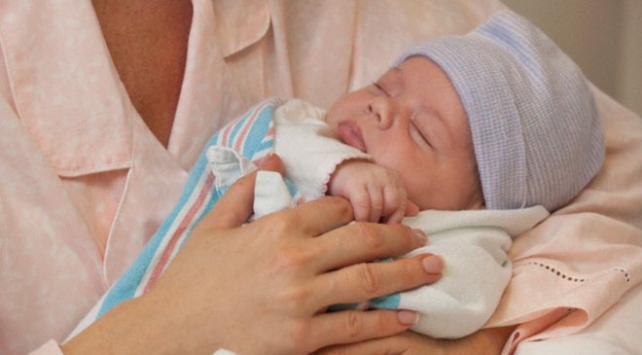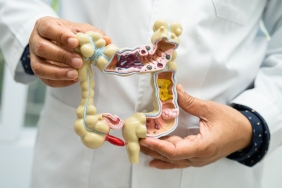Stanford University Faculty of Medicine Lecturer Prof. Dr. Utkan Demirci answered questions about the "microchip" technology they developed for infertility treatment.
Prof. Dr. Demirci said that they have been focusing on technologies for infertility treatment for the last 5 years and are working to produce solutions to the problem.
Stating that according to the data of the World Health Organization, the number of sperm per milliliter that a man with reproductive ability should have has been reduced to 15 million, Demirci said, “This is one of the important problems of the world, showing that the human race is becoming infertile. At the same time, the fact that people are starting to build careers, getting married later, and having children later also affects this. As people get older, the rate of infertility increases. "This problem is especially common in male infertility, and 30-50 percent of the problems in infertile couples are caused by male infertility," he said.
“The best cells are separated with microchip”
Pointing out that in their studies, they started to look for answers to poorly defined parameters in male infertility, Demirci continued his words as follows:
“With the 'microchip' technology we developed, we looked at how sperm, the fastest moving cells of the human body, swim. They run a marathon for 5 to 7 days on their journey to the egg. It passes through very narrow channels and is in an acidic environment. This is a way to eliminate millions of sperm, to have only one of them win the race, fertilize the egg, form an embryo, and have a child through a successful pregnancy. We tried to understand the mechanics of this challenging track. We took the micro channels and tried to imitate them in a plastic device similar to their natural environment. When the sperm cells we put at the beginning of the channel reach the end of the channel, they are separated into those with bad type, those who cannot swim, and those who swim but are halfway there. All that remains are cells that are very good swimmers, with DNA fragmentation close to zero. These are the ones who have a chance to win the race in the womb anyway. We introduced a very functional system and replaced the sperm selection system, which was done in huge machines called 'centrifuges', with a tiny chip. “There are nearly 10 thousand babies born with this technology in Turkey.”
“We made the first productization in Turkey”
Demirci emphasized that previously, sperms were selected by being placed in a "centrifuge" and passed through various stages, and in the meantime, the cells were damaged.
Stating that they developed a solution with a microchip by eliminating the system that damages the cells and understanding its physics in its natural environment, Demirci said that they made the first productization of the system in Turkey.
Prof. Dr. Demirci said, “We first did this at Ege University under the KOSGEB project. Now it continues as a production area at 9 Eylül University. This both creates a workforce and offers the opportunity to export the chips we produce to many countries, including Russia, America and European Union countries. There are nearly 10 thousand babies born with this technology in Turkey. Not to mention what's happening in Europe and America. The paper on this technology was published in 2011. We received 'CE' approval for its product development 4 years ago. "I estimate that this technology will become the gold standard in 5 to 10 years by replacing the system made in huge machines, which I described as centrifuges, with a tiny chip."
“Infertility is transmitted from generation to generation”
Prof. Dr. Demirci stated that infertility may have a genetic dimension or may be caused by environmental factors. Demirci pointed out that environmental factors have negative effects, especially on male infertility.
Underlining that those who are considering having children should eat regularly and prepare 6 months in advance, Demirci gave the following information:
“Because the formation of sperm is a process that takes 6 months. In other words, it should be a detox that starts 6 months in advance, not what you ate yesterday, so that there are no negative environmental factors in the process from stem cells to sperm formation. Negative factors such as air pollution, smoking and alcohol cause changes in the sperm and egg not only genetically, but also epigenetically, that is, not only damaging the current cell, but also affecting future children. These are epigenetically transmitted to the next generation. “Stress is also included in these negative factors.”
Source: AA

















